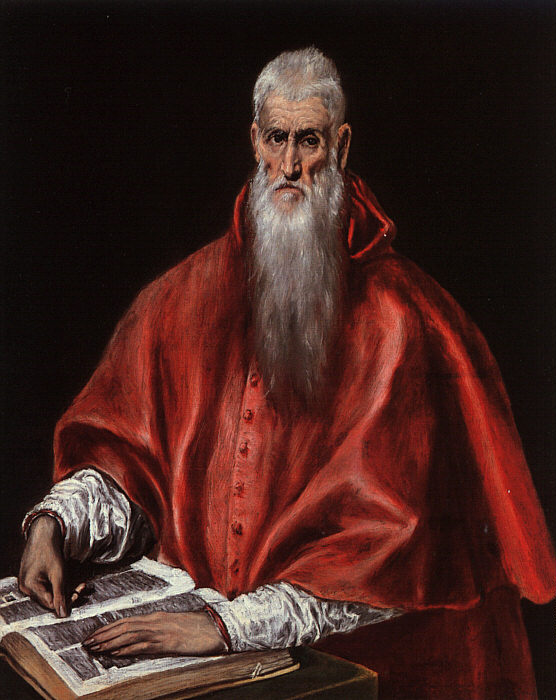Article Tools
- Text Size


- Email this article
26th Sunday in Ordinary Time
“Would that all the LORD’s people were prophets!” (Numbers 11:29)
Moses had it right. Joshua was upset that Eldad and Medad were prophesying in the Israelite camp, but Moses couldn’t have been more pleased. As far as he was concerned, when it came to finding voices to speak God’s word to the people, the more the merrier!
Even today, God says: “Oh how I would love for each of my children to be a prophetic voice in the world.” Let’s be clear. It doesn’t take a theology degree or a doctorate in philosophy to qualify as a spokesperson for the Lord. It just takes a humble and contrite heart, an openness to hear God’s voice in prayer, and a desire to share what God tells us with others. You don’t need to be an eloquent speaker, and you don’t need to have every element of the Christian faith perfectly mastered.
But what does God want me to say? That’s something we can discover only as we pray and immerse ourselves in his word. He may move you to stand up for marriage, for purity in relationships, or for the unborn. You may feel prompted to listen more than you speak: to listen closely when people share struggles and difficulties, so that you can pray for them. Who knows? If they seem receptive, you may be moved to share with them about God’s love and about his presence. Maybe they will let you pray with them right on the spot. Or if you are in a situation where the conversation is drifting toward gossip or negative comments, you may feel a nudge to steer it back to a more uplifting topic.
In other words, speaking prophetically doesn’t always mean speaking dramatically. It just means learning the humility and trust necessary to listen to God and to let him speak his word through you. Remember, it doesn’t all depend on you!
“Jesus, give me a listening ear and a willing tongue. Give me courage to speak as opportunities arise. Open the hearts of those I meet today to receive your word. May everyone come to know you more!”
Psalm 19:8, 10-14; James 5:1-6; Mark 9:38-43, 45, 47-48
Questions for Reflection or Group Discussion
1. In the first reading, Moses responds to Joshua’s concern by saying: “Would that the Lord might bestow his spirit on them all!” As baptized Catholics, the Holy Spirit dwells in each one of us. Share any personal experiences when you have experienced the power of the Holy Spirit. What steps can you take to allow a deeper work of the Holy Spirit in your life?
2. The Responsorial Psalm reminds us that rather than being burdensome: “The precepts of the Lord give joy to the heart,” as well as “refreshing the soul,” “giving wisdom to the simple,” and “enduring forever.” In what ways is this contrary to the current thinking in our culture? Where in your life have you been surprised when, by following God’s precepts instead of your own desires, you experienced joy, refreshment, and wisdom?
3. St. James, in the second reading, expresses his concern for justice and warns against the behavior of those who would cheat, demean, or dehumanize others. This theme was also of great concern to Pope John Paul II. What can we as Catholics do to promote a “culture of life” in our country, rather than a “culture of death?” What are some ways you could reach out to those who suffer injustice and are alienated?
4. In the first part of the Gospel, Jesus admonishes his disciples (and us) to be tolerant of all who serve him and believe in his name. This includes how we view and treat Christians who are not Catholic. What steps can we take as Catholics to foster unity with other Christians?
5. In the second part of the Gospel, Jesus warns us about behavior (words, actions, omissions) that might cause others to sin. What are some steps you can take to improve the kind of example and model you are as a Christian to your family, your neighbors, or your co-workers?
6. In the meditation, we hear these words: “speaking prophetically doesn’t always mean speaking dramatically. It just means learning the humility and trust necessary to listen to God and to let him speak his word through you.” Do you believe that God desires to speak his word to this broken and darkened world through you? Do you believe that God wants you to be a prophetic voice to others? If not, why not? If so, in what ways?
7. Take some time now to pray and ask the Lord to give you a “listening ear and a willing tongue,” and the courage to speak his word when necessary. Use the prayer at the end of the meditation as the starting point.















